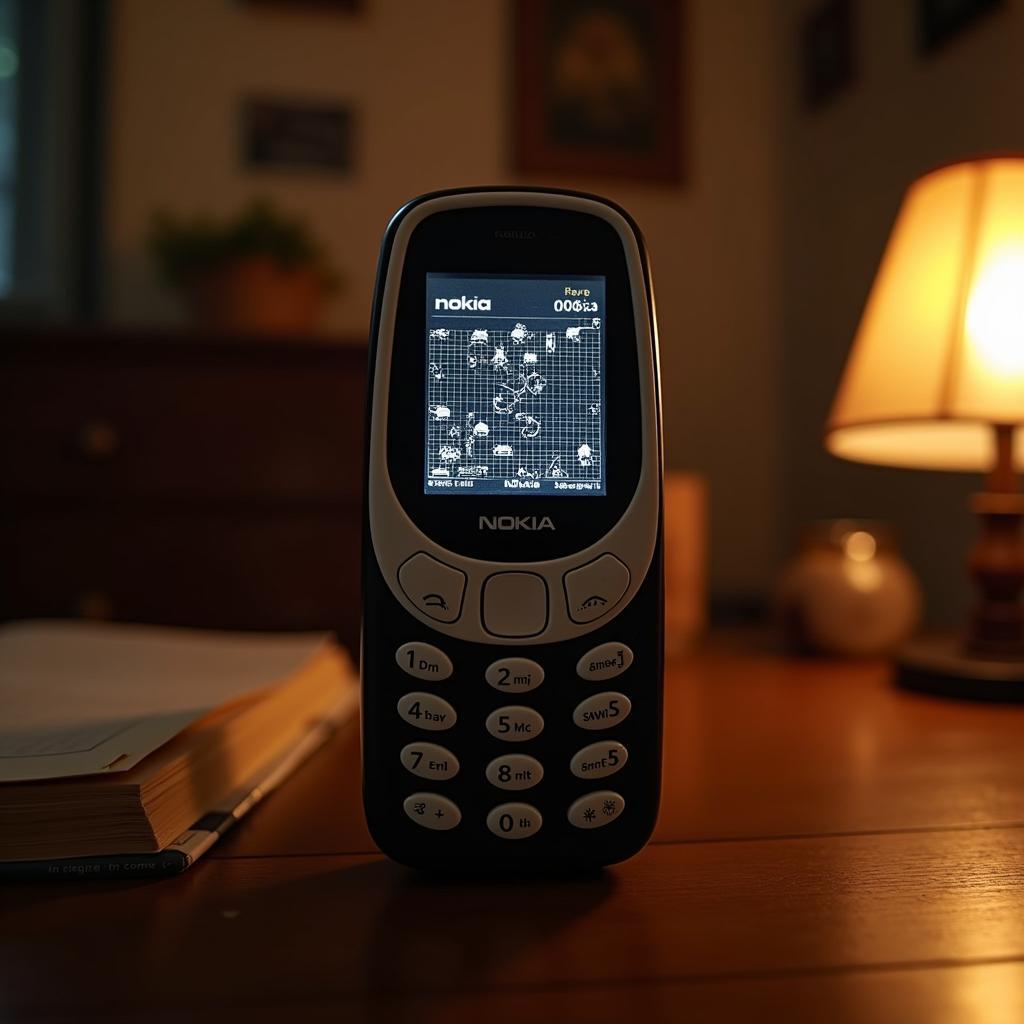When discussing personal technology experiences in IELTS Speaking, questions about your first mobile phone frequently appear. This topic allows candidates to demonstrate vocabulary related to technology, emotions, and personal memories while showcasing their English fluency. As an IELTS examiner, I’ll guide you through answering such questions effectively.
Part 1: Introduction and Interview Questions
Common questions about mobile phones include:
- When did you get your first mobile phone?
- What brand was it?
- How did you feel when you got it?
- What features did it have?
Sample Answer (Band 8-9)
“I got my first mobile phone when I was 15. It was a classic Nokia 3310, which was incredibly popular back then. I was absolutely thrilled when my parents gave it to me as a birthday present. Though it was fairly basic by today’s standards, with just calls, texts, and the iconic Snake game, it was remarkably durable and had an impressive battery life.”

Part 2: Cue Card
Topic
Describe your first mobile phone.
You should say:
- What kind of phone it was
- When you got it
- How you used it
And explain how you felt about having it
Similar to describe a piece of technology that you use daily, this topic requires detailed description and personal reflection.
Sample Answer (Band 8-9)
“My first mobile phone was a significant milestone in my teenage years. I received a Nokia 3310 when I was 15, around 2005. It was a compact device with a monochrome screen and the distinctive Nokia design that was tremendously popular at that time.
The phone revolutionized my social life. I primarily used it to stay in touch with friends through text messages and calls. What stands out in my memory is its extraordinary battery life – it could last nearly a week on a single charge. The phone was also incredibly resilient; I distinctly recall dropping it multiple times without any damage.
Having this phone gave me an overwhelming sense of independence. It was my first step into the world of personal technology, and I felt immensely responsible for managing my own communication device. The experience was particularly memorable because it marked a transition from childhood to adolescence.”
Part 3: Discussion Questions
Question 1: How have mobile phones changed the way people communicate?
Sample Answer (Band 8-9)
“Mobile phones have fundamentally transformed human communication. They’ve made interactions more instantaneous and multifaceted, similar to how describe an invention you wish had existed in the past might discuss technological evolution. People now communicate predominantly through various digital channels rather than face-to-face meetings. This has significantly enhanced efficiency but has also potentially diminished the depth of personal connections.”
Question 2: Do you think people rely too much on mobile phones nowadays?
Sample Answer (Band 8-9)
“There’s compelling evidence that society has become excessively dependent on mobile phones. Many people experience considerable anxiety when separated from their devices, which can notably impact their daily functioning. This dependency has profound implications for mental health and social relationships, making it increasingly difficult to describe a situation where you found it hard to concentrate.”
Key Vocabulary and Phrases
Technology-related Terms:
- Monochrome screen /ˈmɒnəkrəʊm skriːn/ – single-color display
- User interface /ˈjuːzər ˈɪntəfeɪs/ – how users interact with devices
- Basic functionality /ˈbeɪsɪk ˌfʌŋkʃəˈnæləti/ – simple features
- Technical specifications /ˈteknɪkəl ˌspesɪfɪˈkeɪʃənz/ – device details
Descriptive Language:
- Groundbreaking /ˈɡraʊndbreɪkɪŋ/ – innovative
- Revolutionary /ˌrevəˈluːʃənəri/ – causing great change
- Cutting-edge /ˌkʌtɪŋ ˈedʒ/ – most advanced
- State-of-the-art /ˌsteɪt əv ði ˈɑːt/ – most modern
Remember to practice these responses with proper pronunciation and intonation, as they can help you describe a difficult task you completed in your speaking test. Focus on natural delivery and maintaining good eye contact with the examiner.